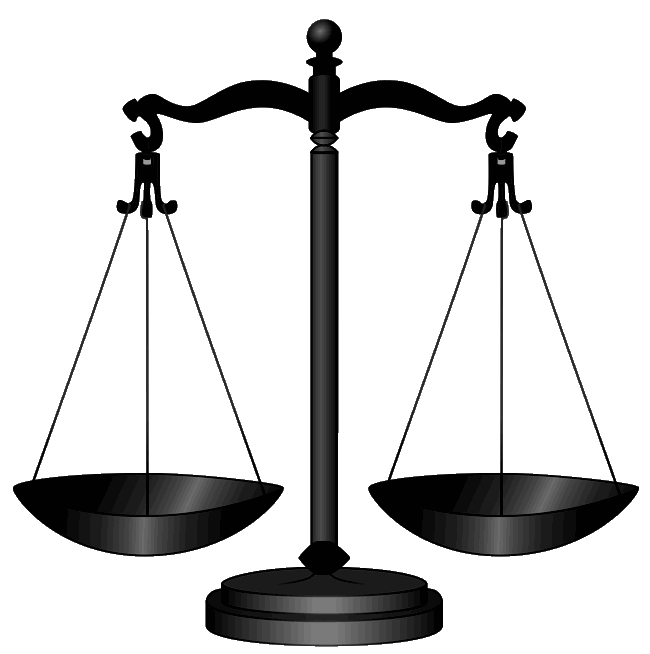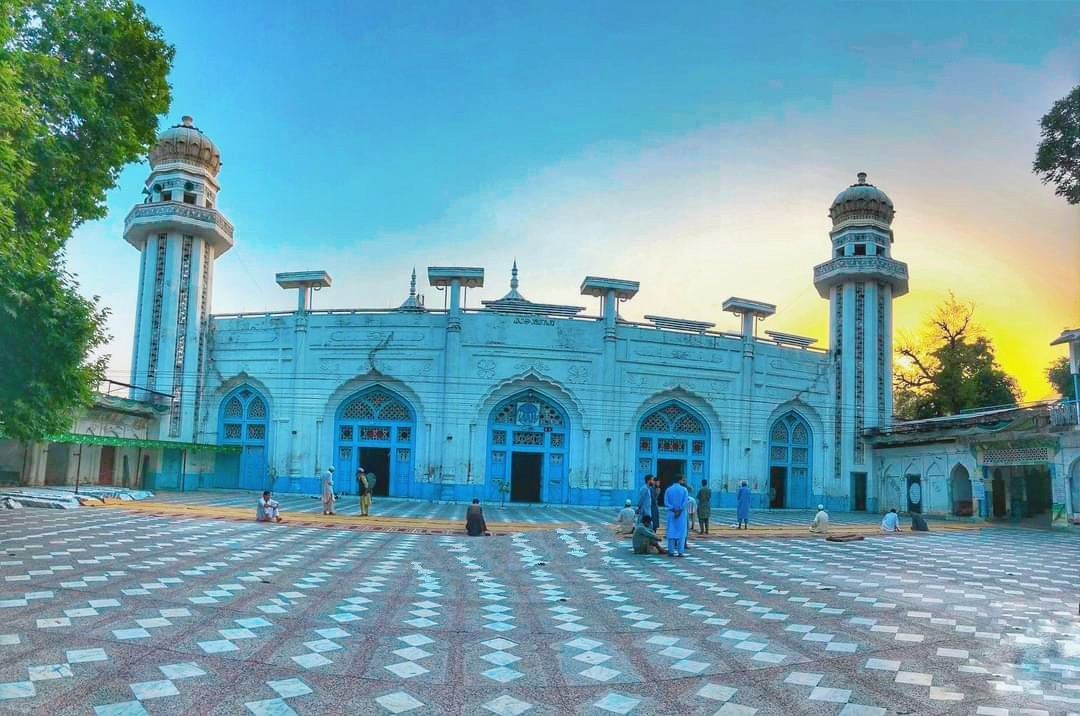|
Bakht Jehan Khan
Bakht Jehan Khan is a Pakistani politician from Buner District who served as Speaker of Provincial Assembly of Khyber Pakhtunkhwa from 2002 to 2007, belongs to Jamaat e Islami. Political career Bakht Jehan Khan, MMA candidate for the post of Speaker bagged 81 votes, and Ikramullah Shahid from Mardan candidate for the office of Deputy Speaker, secured equal number of votes, 81 in 27 Nov 2002. Mr Jehan, who turned from Buner, belongs to the Jamaat-i-Islami and Mr Shahid is affiliated with the Jamiat Ulema-i-Islam, both main components of the six-party religious alliance. Then he become speaker of provincial assembl See also * Buner *Torwarsak The Torwarsak area of Pakistan is an "administrative unit", known as the Union council of Buner District, located in the Khyber Pakhtunkhwa province of Pakistan. District Buner has six Tehsils, usually translated as townships. These are Dagg ... References {{DEFAULTSORT:Khan, Bakht Jehan Living people Pashtun people People fr ... [...More Info...] [...Related Items...] OR: [Wikipedia] [Google] [Baidu] |
Provincial Assembly Of Khyber Pakhtunkhwa
The Provincial Assembly of Khyber Pakhtunkhwa is a unicameral legislature of elected representatives of the Pakistani province of Khyber Pakhtunkhwa, which is located in Peshawar, the provincial capital. It was established under Article 106 of the Constitution of Pakistan previously having a total of 124 seats, with 99 general seats, 22 seats reserved for women and 3 seats for non-Muslims.The Provincial Assembly and Government of Khyber-Pakhtunkhwa: An Overview After the merger of with the Province of |
Jamaat-e-Islami Pakistan
Jamaat-e-Islami (JI; Urdu: , "Islamic Congress"), or Jamaat as it is simply known, is an Islamist political party which is based in Pakistan and it is the Pakistani successor to Jamaat-e-Islami, which was founded in colonial India in 1941. Its objective is the transformation of Pakistan into an Islamic state, governed by Sharia law, through a gradual legal, and political process. JI strongly opposes capitalism, communism, liberalism, and secularism as well as economic practices such as offering bank interest. JI is a vanguard party: its members form an ''elite'' with "affiliates" and then "sympathizers" beneath them. The party leader is called an '' ameer''. Although it does not have a large popular following, the party is quite influential and considered one of the major Islamic movements in Pakistan, along with Deobandi and Barelvi (represented by Jamiat Ulema-e Islam and Jamiat Ulema-e-Pakistan respectively). Jamaat-e-Islami was founded in Lahore, British India in 1941 ... [...More Info...] [...Related Items...] OR: [Wikipedia] [Google] [Baidu] |
Buner District
Buner District ( ps, بونیر ولسوالۍ, ur, ) is a district in Malakand Division of Khyber Pakhtunkhwa province in Pakistan. Before becoming a district in 1991, it was a tehsil within Swat District. History The Buner Valley lies between Swabi on the South and Swat on the North. It is a mountain valley, dotted with villages and divided into four sub-divisions. The Mora Hills and the Ilam range divide it from the Swat Valley, the Sinawar range from Yusafzai, the Guru mountains from the Mardan Valley, and the Duma range from the Puran Valley. During the 1580s, many Yusufzais and Mandanrs rebelled against the Mughal Empire. In late 1585, Mughal Emperor Akbar sent military forces under Zain Khan Koka and Birbal to crush the rebellion. In February 1586, about 8,000 Mughal soldiers, including Birbal, were killed near the Karakar Pass by the Yusufzai lashkar, led by Kalu Khan. This was the greatest disaster faced by the Mughal Army during Akbar's reign. During the 19t ... [...More Info...] [...Related Items...] OR: [Wikipedia] [Google] [Baidu] |
Jamat E Islami
Jamaat-e-Islami (JI; Urdu language, Urdu: , "Islamic Party"), or Jamaat as it is commonly known, is an Islamism, Islamist political party based in Pakistan and founded by Abul Ala Maududi. It is the Pakistani successor to Jamaat-e-Islami, which was founded in colonial India in 1941. Its objective is the transformation of Pakistan into an Islamic state, governed by Sharia law, through a gradual legal, and political process. JI strongly opposes capitalism, communism, liberalism, and secularism as well as economic practices such as offering Interest rate, bank interest. JI is a "vanguard party", whose members are intended to be leaders spreading party beliefs and influence. Supporters not thought qualified to be members may become "affiliates", and beneath them are "sympathizers" . The party leader is called an ''Emir, ameer''. Although it does not have a large popular following, the party is quite influential and considered one of the major Islamic movements in Pakistan, along ... [...More Info...] [...Related Items...] OR: [Wikipedia] [Google] [Baidu] |
Mardan
Mardān (Pashto and ; Urdu ; Pashto: ) is a city in the Mardan District of Khyber Pakhtunkhwa Province, Pakistan. Located in the Valley of Peshawar, Mardan is the second-largest city of Khyber Pakhtunkhwa (after Peshawar). It is a fast-growing city that experienced a population boom in the latter half of the twentieth century. Around 1800 BCE, the area around Mardan was part of the homeland of the Gandhara grave culture. Rock edicts of the ancient Indian King Ashoka in the nearby Shahbaz Garhi, written in the right-to-left Kharosthi script, date from the Mauryan period (mid-200s BCE) and represent the earliest irrefutable evidence of writing in South Asia. The nearby Takht-i-Bahi which has remains of an ancient Buddhist monastery was listed as a UNESCO World Heritage Site in 1980. History Mardan is located in a region rich in archaeological sites. In 1962, the Sanghao Caves were discovered outside of Mardan, which yielded artefacts from the Middle Paleolithic period, ove ... [...More Info...] [...Related Items...] OR: [Wikipedia] [Google] [Baidu] |
Jamaat-i-Islami
Jamaat-e-Islami ( ur, ) () is an Islamic movement founded in 1941 in British India by the Islamic theologian and socio-political philosopher, Syed Abul Ala Maududi.van der Veer P. and Munshi S. (eds.''Media, War, and Terrorism: Responses from the Middle East and Asia''.Psychology Press, 2004, p. 138. . Along with the Muslim Brotherhood, founded in 1928, Jamaat-e-Islami was one of the original and most influential Islamist organisations, and the first of its kind to develop an ideology based on the modern revolutionary conception of Islam. This movement still has a significant legacy. The group split into separate independent organisations in India, Pakistan and Bangladesh following the Partition of India in 1947. Other groups related to or inspired by Jamaat-e-Islami developed in Kashmir, Britain, and Afghanistan (see below). The Jamaat-e-Islami parties maintain ties internationally with other Muslim groups. Haqqani, ''Pakistan: Between Mosque and Military'', 2010: p.171 ... [...More Info...] [...Related Items...] OR: [Wikipedia] [Google] [Baidu] |
Jamiat Ulema-i-Islam
Jamiat Ulema-e-Islam Pakistan (Fazl) also Jamiat Ulema-e-Islam (F) or simply as Jamiat Ulema-e-Islam (Urdu: ; ; JUI-F) is a Deobandi Sunni political party in Pakistan. Established as the ''Jamiat Ulema-e-Islam'' in 1945, it is the result of a factional split in 1988, ''F'' standing for the name of its leader, Fazal-ur-Rehman. It is almost entirely based in southern Khyber Pakhtunkhwa and northern Balochistan, which are mostly inhabited by Pashtuns. The JUI-S faction, led by Samiul Haq, is of regional significance in Khyber Pakhtunkhwa but has no representation on the national level. The split of JUI into two factions was due to dissent over the policy of Pakistani president Zia-ul-Haq of supporting Mujahideen outfits in the Afghanistan war during the 1980s. One of its faction, Jamiat Ulama-e-Islam Nazryati (JUI-N), split in 2007 and merged back into JUI-F in 2016. On 29 December 2020, Jamiat Ulema-e-Islam Pakistan (JUI-P) split as a separate political party under the leade ... [...More Info...] [...Related Items...] OR: [Wikipedia] [Google] [Baidu] |
Buner
Buner District ( ps, بونیر ولسوالۍ, ur, ) is a district in Malakand Division of Khyber Pakhtunkhwa province in Pakistan. Before becoming a district in 1991, it was a tehsil within Swat District. History The Buner Valley lies between Swabi on the South and Swat on the North. It is a mountain valley, dotted with villages and divided into four sub-divisions. The Mora Hills and the Ilam range divide it from the Swat Valley, the Sinawar range from Yusafzai, the Guru mountains from the Mardan Valley, and the Duma range from the Puran Valley. During the 1580s, many Yusufzais and Mandanrs rebelled against the Mughal Empire. In late 1585, Mughal Emperor Akbar sent military forces under Zain Khan Koka and Birbal to crush the rebellion. In February 1586, about 8,000 Mughal soldiers, including Birbal, were killed near the Karakar Pass by the Yusufzai lashkar, led by Kalu Khan. This was the greatest disaster faced by the Mughal Army during Akbar's reign. During the 19th c ... [...More Info...] [...Related Items...] OR: [Wikipedia] [Google] [Baidu] |
Torwarsak
The Torwarsak area of Pakistan is an "administrative unit", known as the Union council of Buner District, located in the Khyber Pakhtunkhwa province of Pakistan. District Buner has six Tehsils, usually translated as townships. These are Daggar, Chagharzai, Chamla, Totalai, Gagra, and Gadezai. Each tehsil comprises a certain number of union councils. There are 27 union councils in Buner District. Torwarsak is the most populated union council in Buner. Torwarsak is also known as a religious Town in Buner for Tabligh e Markaz. Etymology Torwarsak has two main units, Yakhail and Khadenkhail. Each of these consist of five sub-units. Yahkhail comprises Shani, Kotwal, Babar, Musakhel, Sath Khel, and Mula Khel. Khadenkhail comprises Wastakhail, Chor Hwaidad, Maghwale Ibrakhan, Baba tal, and Sargental. Notable people * Fazli Ghafoor (Politician) * Bakht Jehan Khan (Former speaker of Khyber Pakhtunkhwa) *Darwish Khan (social worker) Education *Government Primary School sh ... [...More Info...] [...Related Items...] OR: [Wikipedia] [Google] [Baidu] |
Living People
Related categories * :Year of birth missing (living people) / :Year of birth unknown * :Date of birth missing (living people) / :Date of birth unknown * :Place of birth missing (living people) / :Place of birth unknown * :Year of death missing / :Year of death unknown * :Date of death missing / :Date of death unknown * :Place of death missing / :Place of death unknown * :Missing middle or first names See also * :Dead people * :Template:L, which generates this category or death years, and birth year and sort keys. : {{DEFAULTSORT:Living people 21st-century people People by status ... [...More Info...] [...Related Items...] OR: [Wikipedia] [Google] [Baidu] |
Pashtun People
Pashtuns (, , ; ps, پښتانه, ), also known as Pakhtuns or Pathans, are an Iranian ethnic group who are native to the geographic region of Pashtunistan in the present-day countries of Afghanistan and Pakistan. They were historically referred to as Afghans () or xbc, αβγανο () until the 1970s, when the term's meaning officially evolved into that of a demonym for all residents of Afghanistan, including those outside of the Pashtun ethnicity. The group's native language is Pashto, an Iranian language in the Indo-Iranian branch of the Indo-European language family. Additionally, Dari Persian serves as the second language of Pashtuns in Afghanistan while those in the Indian subcontinent speak Urdu and Hindi (see Hindustani language) as their second language. Pashtuns are the 26th-largest ethnic group in the world, and the largest segmentary lineage society; there are an estimated 350–400 Pashtun tribes and clans with a variety of origin theories. The total popu ... [...More Info...] [...Related Items...] OR: [Wikipedia] [Google] [Baidu] |
People From Buner District
A person ( : people) is a being that has certain capacities or attributes such as reason, morality, consciousness or self-consciousness, and being a part of a culturally established form of social relations such as kinship, ownership of property, or legal responsibility. The defining features of personhood and, consequently, what makes a person count as a person, differ widely among cultures and contexts. In addition to the question of personhood, of what makes a being count as a person to begin with, there are further questions about personal identity and self: both about what makes any particular person that particular person instead of another, and about what makes a person at one time the same person as they were or will be at another time despite any intervening changes. The plural form "people" is often used to refer to an entire nation or ethnic group (as in "a people"), and this was the original meaning of the word; it subsequently acquired its use as a plural form of per ... [...More Info...] [...Related Items...] OR: [Wikipedia] [Google] [Baidu] |







_1938.jpg)